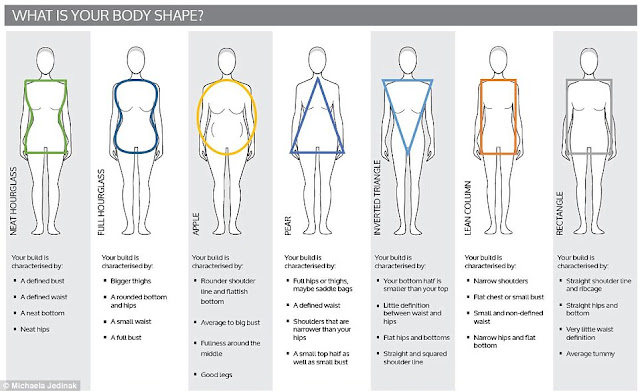Why You Shouldn’t Sit In AC Immediately After Coming From Outside
Our elders may have the wisdom of age on their side, but they are also stubbornly resistant to change, especially technological. Naturally, we tend to treat their admonishments about air conditioning, food combinations, and bath timings with a careless disregard.
While many of their quaint ideas have no factual basis, there is an element of truth to some of them. So where do those warnings about ACs fit in? Is it really bad to stroll in and out of an air conditioned environment when it’s hot outside?
How Air Conditioning Affects Human Health
“Temperature changes in nature are gradual, allowing humans & animals time to acclimatize; with artificial cooling, the change is rapid & puts your body under significant stress, described as thermal shock”
Dramatic changes in temperature have a significant impact on human health, and the differences between indoor and outdoor temperature do not get much more dramatic than in parts of India. While indoor temperatures are cooled to as low as 16 to 18 degrees Celsius, summer temperatures outdoors can rise well beyond 40 degrees Celsius.
Described by some as thermal shock, the sudden change in temperature stresses your body, as it is forced to acclimatize very rapidly. In nature, temperature changes are rarely this sudden. This can cause a variety of health problems, exacerbating existing ailments, and increasing the risk of other infections. According to medical experts, temperatures should ideally be kept at around 23 to 25 degrees Celsius to lower the health risks.
But, how serious are these health risks and should we be worried?
Health Risks Of Sudden Temperature Drop From ACs
From annoying sinus infections and allergies, to muscle aches, migraines and more serious problems, there’s a whole lot of health conditions that may be exacerbated and triggered by stepping into air conditioned environments straight from the heat.
The biggest threats include the following.
Impaired Respiration:
“Respiratory function is impaired, giving rise to outbreaks of asthma, bronchitis, allergies, & sinus infections”
Contact with hot and humid air outdoors increases mucus production, while dry and cold air from air conditioners does the exact opposite. Frequent and sudden changes from non-AC to AC environment, therefore complicates respiratory function.
This is why individuals with respiratory problems like asthma and bronchitis are most affected by stepping in and out of air-conditioned offices, malls, or homes.
Skin Problems:
“Premature aging of skin is a common side effect, as it also dries your skin & depletes natural moisture”
The sudden shift from extreme heat to cold may be bad for your body, but it’s hardest on your skin. Facial skin is particularly vulnerable because it is much thinner. Although you may not notice immediate ill effects, repeated exposure to such stress can accelerate aging.
The sudden change has a drying effect on your skin, as well as mucus membranes and the eyes. Like your nasal passages and respiratory tract, your skin struggles to strike a balance between retaining or releasing moisture, which is complicated by the sudden temperature changes.
Heart Disease:
“Constriction of blood vessels from sudden cold exposure increases the risk of heart attacks & strokes”
This may come as a surprise to most people, but cold air is known to increase the risk of heart attacks and strokes. Blood vessels constrict with the cold, increasing blood pressure and increasing the risk of clot formation. The sudden change increases this risk even further, as it puts your cardiovascular system under added stress.
A study published in The British Medical Journal found that a sudden temperature drop of even one degree Celsius could be linked with an increased incidence of heart attacks over the following three to four weeks!
Infections:
“The sudden temperature change may directly impact immunity adversely, while drying of nasal passages also increases vulnerability to infection”
Many experts now belbelieve that the thermal shock effect from sudden shifts between a cold and hot environment also weakens immunity, making people more vulnerable to infections. This is why there is often an increase in the incidence of respiratory and eye infections in summer.
In addition to weakened immune function, exposure to airborne germs is increased because of drying of the nasal passages.
Our Take
To minimize the impact of such temperature changes it would be wise to restrict your exposure to such thermal shocks. Try not to venture out during hours of peak heat such as between 12 to 4pm. Offices and malls should avoid keeping temperatures below 24 degrees Celsius and should also have intermediate zones to allow for a more gradual acclimatization.
More importantly, resist the urge to turn the cooling up as soon as you get home. Wait for a few minutes and cool down beneath a fan first. Also, avoid stepping in and out of air conditioned shops repeatedly, as we tend to do when out shopping in the day time. Save your shopping for the monsoons, or do it after sun down!




Comments
Post a Comment